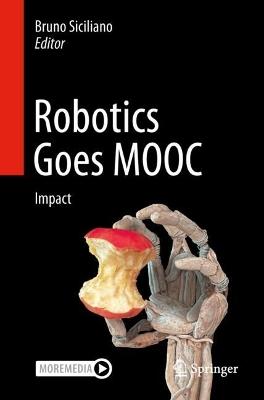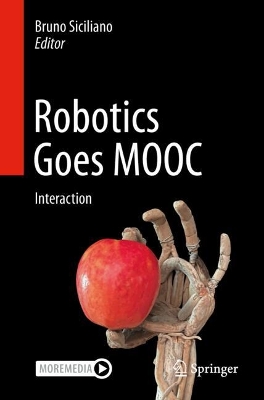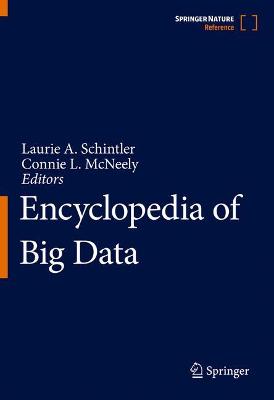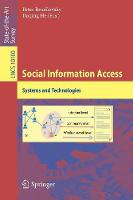Intelligent Tutoring Systems
 -15%
portes grátis
-15%
portes grátis
Intelligent Tutoring Systems
14th International Conference, ITS 2018, Montreal, QC, Canada, June 11-15, 2018, Proceedings
Vassileva, Julita; Azevedo, Roger; Nkambou, Roger
Springer International Publishing AG
05/2018
523
Mole
Inglês
9783319914633
15 a 20 dias
836
















